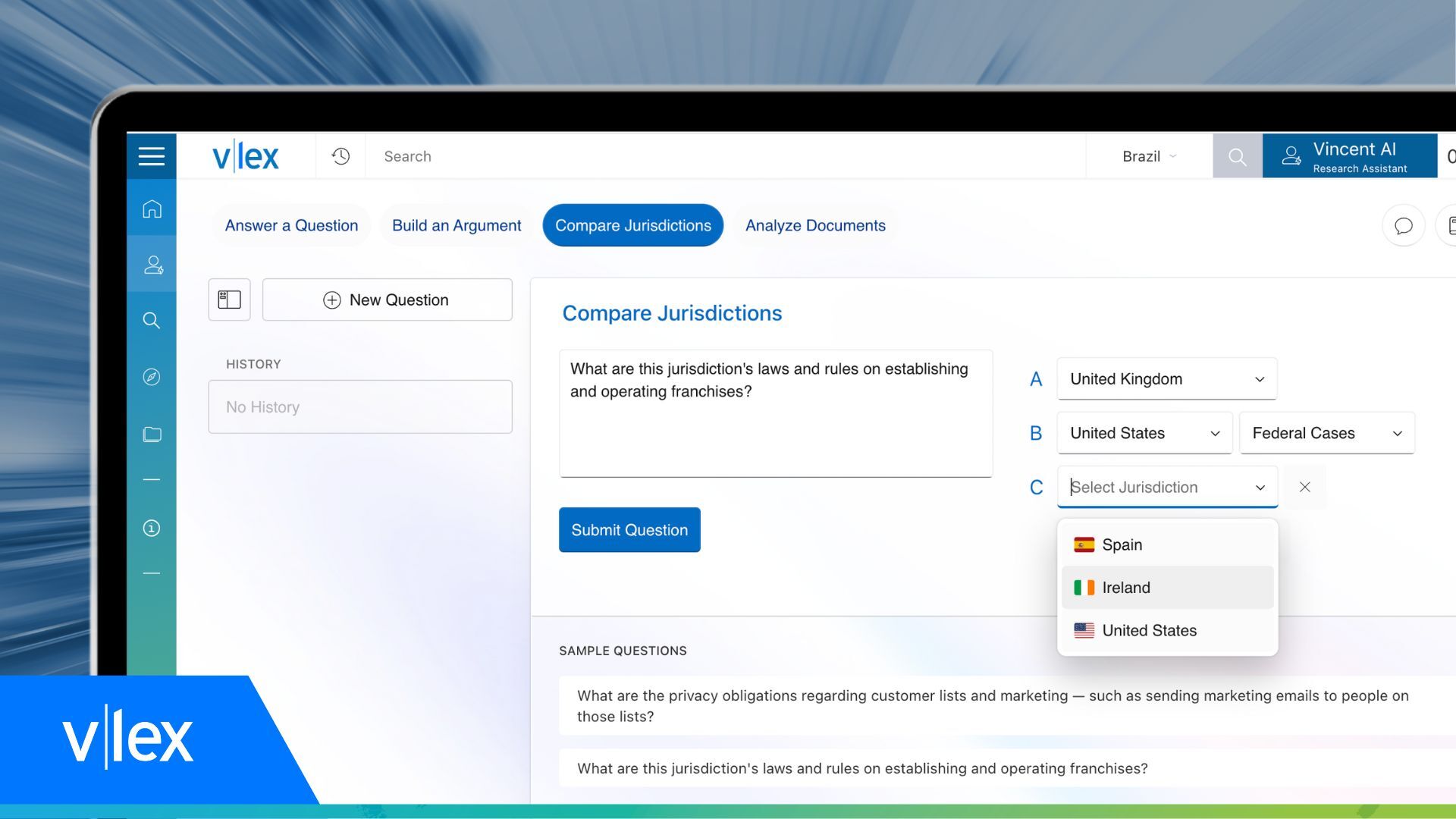Accused of hiding asbestos evidence, Cahill Gordon and chemical company agree to pay $73M

Image from Shutterstock.com.
Cahill Gordon & Reindel and the chemical company BASF have agreed to pay $72.5 million to settle claims that the law firm and a company acquired by BASF had hidden evidence of asbestos in talc products during litigation.
The proposed settlement was reached six years after the 3rd U.S. Circuit Court of Appeals at Philadelphia revived claims that Cahill Gordon and the Engelhard Corp. had “rigged the game from the beginning” by hiding tests that found asbestos in Engelhard talc.
Law360 and Bloomberg Law have coverage.
Cahill Gordon and BASF did not admit wrongdoing. BASF acquired Engelhard in 2006, and the claims relate to Engelhard conduct before the acquisition, a BASF spokeswoman told Bloomberg Law. The talc at issue was sold from 1967 to 1983.
Cahill Gordon spokeswoman Julie Cohen told Bloomberg Law that the allegations reach back to the 1980s.
“This matter relates to a representation that was undertaken more than 35 years ago, and we are pleased to have resolved it amicably,” she told Bloomberg Law in an email.
The deal settles a class action suit alleging fraudulent concealment, fraud and civil conspiracy. The $72.5 million will provide payments of up to $175,000 to plaintiffs who sued Engelhard or BASF over Engelhard’s Emtal talc during a time period ending March 30, 2011, if the suits were dropped, settled or tossed before that date. Cahill Gordon and BASF will also pay up to $22.5 million attorney fees for the plaintiffs’ counsel.
Cahill Cordon served as Engelhard’s national counsel in asbestos the litigation from the late 1980s until 2009.
Terms of the deal and the case background are in the plaintiffs’ July 23 memorandum of law supporting preliminary approval of the settlement.
Emtal talc was used in auto body filler and other commercial applications, rather than personal products such as baby powder.
When the plaintiffs sued over Engelhard’s talc beginning in the 1980s, the company represented that the product did not contain asbestos and no tests had ever said otherwise, according to a description of the alleged events in the 3rd Circuit opinion.
But three Engelhard employees had disclosed the presence of asbestos in Emtal talc in a 1979 lawsuit. The wasn’t disclosed to future plaintiffs because of a settlement that included a confidentiality clause, according to the 3rd Circuit.
In 1984, an Engelhard scientist directed Engelhard employees in a memorandum to collect documents relating to Emtal talc so they could be discarded. Many of those documents were secretly kept in a Cahill Gordon storage facility, according to the fraudulent concealment plaintiffs.
Next, the plaintiffs alleged, Engelhard, aided by Cahill Gordon, put together stock pleadings for use by local counsels in asbestos litigation that contained false or misleading information about the talc products. False and incorrect affidavits and expert testimony were allegedly assembled for use in litigation.
The alleged scheme collapsed when plaintiff Donna Paduano filed a New Jersey lawsuit alleging that she contracted mesothelioma, an asbestos-related lung cancer, by washing the clothes and visiting the workplace of her father, a research chemist at Engelhard. The chemist testified that he had discovered asbestos in Engelhard’s talc and that he had been instructed to turn over the records.
The testimony led to production of the incriminating documents.
The 3rd Circuit held that the plaintiffs properly alleged elements of fraud and fraudulent concealment, and the claims aren’t barred by New Jersey’s litigation privilege.
Stephen Gillers, a legal ethics professor at the New York University School of Law, told Bloomberg Law that legal ethics rules bar lawyers from assisting clients in committing fraud. The allegations against Cahill Gordon in the BASF case are a frequent topic in his classes, Gillers said.
The plaintiffs are represented by Cohen Placitella & Roth. The case is Williams v. BASF Catalysts.



